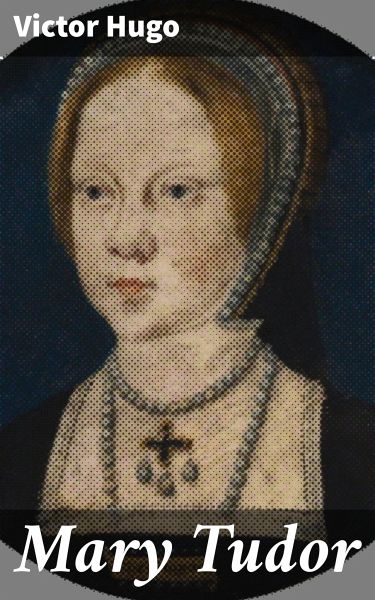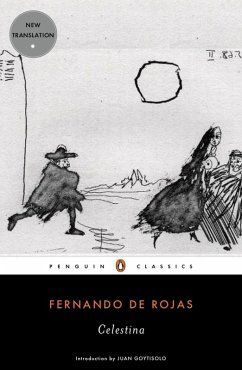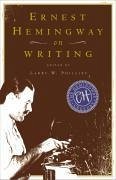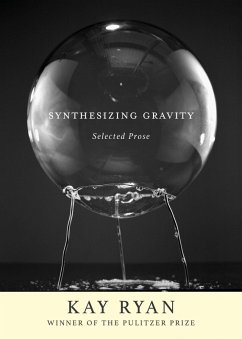
Mary Tudor (eBook, ePUB)
Enriched edition. A Queen's Struggle for Power and Identity in Tudor England
Kommentar: Holloway, Jade / Redaktion: Good Press / Übersetzer: Ives, George Burnham

PAYBACK Punkte
0 °P sammeln!
In "Mary Tudor," Victor Hugo embarks on a riveting exploration of power, love, and tragedy set against the backdrop of Tudor England. The play deftly interweaves intense emotional dialogues with rich, poetic language, revealing the internal conflicts of its characters, particularly the eponymous Mary, who must navigate the treacherous waters of political ambition and personal loss. Hugo's mastery of dramatic structure is evident as he unfolds a tale that not only critiques the sociopolitical dynamics of his time but also reflects the tumultuous era of the Reformation, highlighting themes of fa...
In "Mary Tudor," Victor Hugo embarks on a riveting exploration of power, love, and tragedy set against the backdrop of Tudor England. The play deftly interweaves intense emotional dialogues with rich, poetic language, revealing the internal conflicts of its characters, particularly the eponymous Mary, who must navigate the treacherous waters of political ambition and personal loss. Hugo's mastery of dramatic structure is evident as he unfolds a tale that not only critiques the sociopolitical dynamics of his time but also reflects the tumultuous era of the Reformation, highlighting themes of faith, loyalty, and the often-painful choices that come with leadership. Victor Hugo, one of the foremost literary figures of the 19th century, is best known for his deep social consciousness and passion for justice. His experiences with the turbulent political landscape of France, along with his fascination with history, drove him to compose this poignant tragedy. "Mary Tudor" is particularly infused with Hugo's empathy for marginalized figures, capturing the essence of a woman caught between personal desires and the weight of her heritage, echoing his broader themes of human suffering and resilience. This compelling work deserves a place on the shelf of anyone interested in historical drama and the intricate interplay of personal agency and societal expectation. Readers will find in Hugo's poignant portrayal of Mary Tudor not just a historical figure, but a reflection of universal human struggles that resonate deeply, making this play a timeless exploration of the human condition. In this enriched edition, we have carefully created added value for your reading experience: - A succinct Introduction situates the work's timeless appeal and themes. - The Synopsis outlines the central plot, highlighting key developments without spoiling critical twists. - A detailed Historical Context immerses you in the era's events and influences that shaped the writing. - An Author Biography reveals milestones in the author's life, illuminating the personal insights behind the text. - A thorough Analysis dissects symbols, motifs, and character arcs to unearth underlying meanings. - Reflection questions prompt you to engage personally with the work's messages, connecting them to modern life. - Hand-picked Memorable Quotes shine a spotlight on moments of literary brilliance. - Interactive footnotes clarify unusual references, historical allusions, and archaic phrases for an effortless, more informed read.
Dieser Download kann aus rechtlichen Gründen nur mit Rechnungsadresse in A, B, BG, CY, CZ, D, DK, EW, E, FIN, F, GR, H, IRL, I, LT, L, LR, M, NL, PL, P, R, S, SLO, SK ausgeliefert werden.













